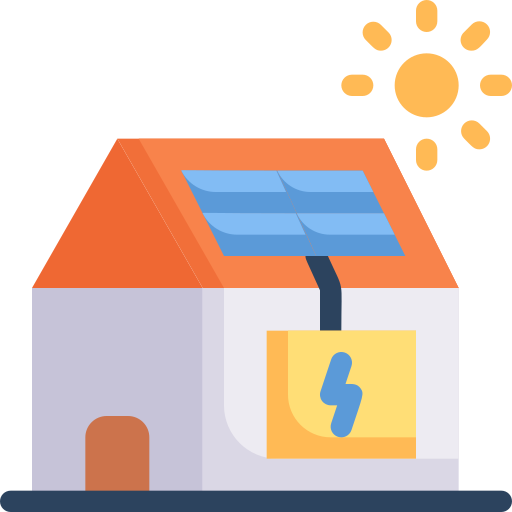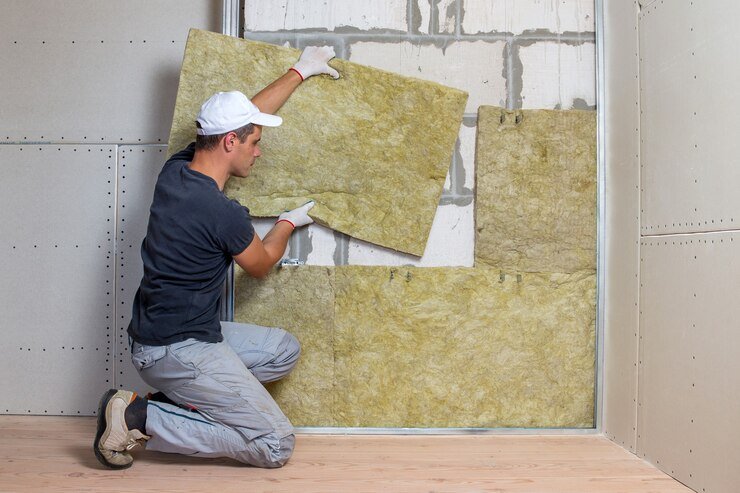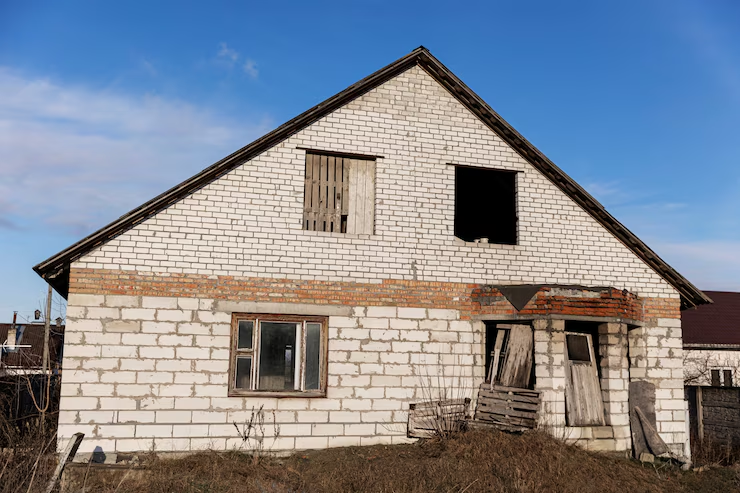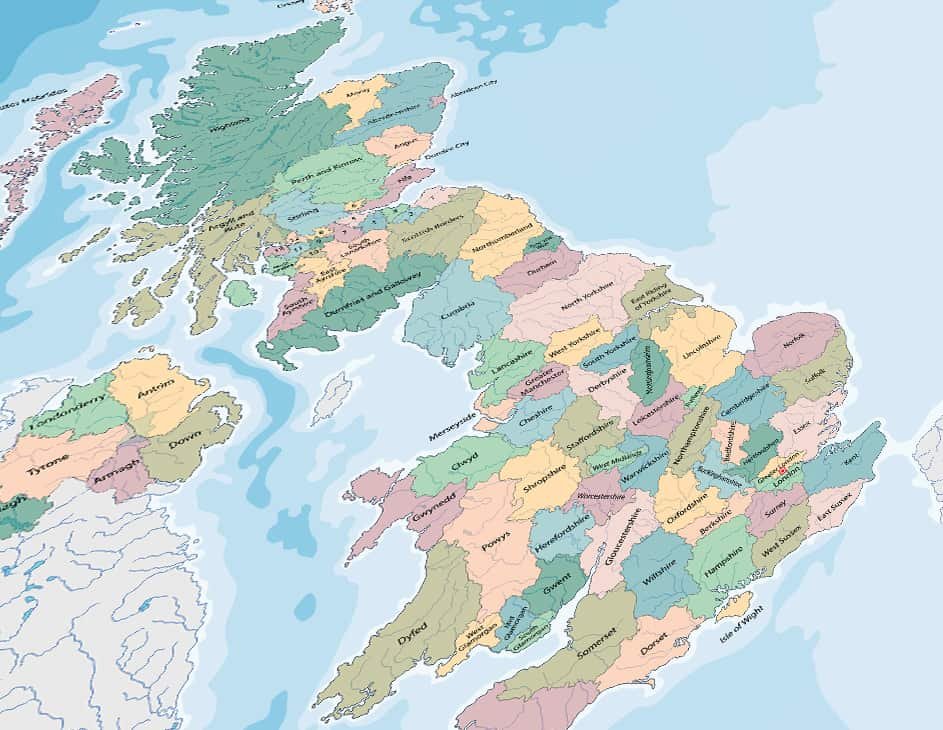How to Get Free Cavity Wall Insulation Grants
If you reside in the UK, you may be eligible for a free Cavity Wall Insulation Grant through our extensive home energy efficiency scheme. This grant is available to individuals receiving benefits such as Universal Credit, Pension Credit, Employment and Support Allowance (ESA), and more.
Securing funding for wall insulation is particularly advantageous for homeowners, as the costs can be quite high if covered out of pocket.
To begin the process, simply start your application on this page. By taking advantage of insulation grants, you can make your home warmer and reduce your energy bills. At Eco4Energy, we’re here to assist you every step of the way!
Speak to an Expert
As an expert in green energy and sustainable solutions, I firmly advocate for the widespread adoption of renewable energy technologies

Step 1
Start by finding out if you qualify for the back boiler grant below

Step 2
A no-obligation survey will be scheduled by our Energy Advisor and if your property qualifies, an installation will follow

Step 3
You can now enjoy lower bills and a more energy-efficient home!

What is Cavity Wall Insulation?
Cavity wall insulation (CWI) involves two layers of brick with a gap, or cavity, between them. This process inserts insulation material into that space to enhance your home’s energy efficiency. Depending on the specific type of cavity, various insulation materials can be used, including foam, bead, or mineral wool.
You don’t need to worry about selecting the right material for your home. At Eco4Energy, we will send a qualified surveyor to assess your property and determine its suitability for government-funded cavity wall insulation. This assessment will also include checking if any existing insulation needs to be removed and replaced.
With our expertise, you can ensure that your home benefits from the most effective insulation solution. If you have any questions or would like to learn more, feel free to contact us!
Is My House Suitable for Free Cavity Wall Insulation?
There is a chance that cavity wall insulations won’t be suitable for your home, but here’s how you can tell if your home is suitable:
- The external walls are unfilled cavity walls.
- It has at least a 5cm wide cavity.
- It was built before 1982 and in some cases 2005.
- Your home is capable of heating efficiency in the long run.
- Your property’s brickwork, outer wall or masonry is in good condition.
- There is little risk of your house flooding.
- The walls are not exposed to too much driving rain or extreme weather.
- It is still possible to have it installed even if adjoining properties don’t.

Benefits of Cavity Wall Insulation installed through Energy Company Obligation (ECO scheme):
Fully funded
Insulation measures can be fully paid from the government funding for cavity wall insulations pot and therefore save money.
Save money
An uninsulated home loses about a third of its heat through the walls. If you insulate cavity walls properly through an approved installer, you will save energy and cut your heating costs.
Warmer home
The free insulation will limit the lost heat generated by having empty cavity walls and allow you to retain heat for longer.
Home value increase
Not only will your energy bills decrease, but upgrades like adding insulation to solid walls or installing free cavity wall insulation and loft insulation can increase your property’s value.
No maintenance
A good pre-installation assessment and good installation procedures can easily prevent the majority of cavity wall problems.
Reduce foundation weight
As a result of their thinner thickness, cavity walls reduce the weight on the foundation.
Can Location Impact Getting My Free Cavity Wall Insulation Grants?
Cavity wall insulation can greatly enhance your home’s energy efficiency and help lower your heating bills. However, the location of your property can affect your eligibility for free cavity wall insulation grants.
One significant factor is the exposure to wind-driven rain, which can be particularly severe in areas on the west side of England, Wales, and Scotland. High moisture levels can impact the suitability and effectiveness of cavity wall insulation.
Fortunately, there are alternative insulation options available that can also improve your home’s energy efficiency.

Can I Get Cavity Wall Insulation for Free Even If I’m Not on Benefits?
Yes, individuals may be able to access wall cavity insulation grants through the Great British Insulation Scheme (GBIS) and the ECO4 scheme, even if they are not currently on benefits.
However, it’s important to note that housing association tenants typically do not qualify for these grants unless they own at least 50% of their rented property. That said, it may still be worthwhile to contact Eco4Energy to explore any potential options available to you.
If you’re not on benefits and think you might not be eligible for cavity wall insulation grants, you could still have the opportunity to receive assistance through your local council or explore other heating measures that Eco4Energy can install in your home.
Key Points to Consider for Solar Panel Installation
Evaluate your property's sun exposure and shading to determine the most...
Evaluate your property's sun exposure and shading to determine the most effective placement for solar panels, optimizing energy production throughout the day.
Explore available incentives, tax credits, and financing options to make...
Explore available incentives, tax credits, and financing options to make the switch to solar more affordable and economically viable for your household or business.
Analyze your current energy consumption patterns to right...
Analyze your current energy consumption patterns to right-size your solar panel system, ensuring it meets your needs while minimizing excess capacity and costs.
Research the warranties offered by solar panel manufacturers...
Research the warranties offered by solar panel manufacturers and installation companies, as well as the availability of maintenance services, to protect your investment and ensure long-term performance.
Consider the environmental benefits of solar energy, including reduced...
Consider the environmental benefits of solar energy, including reduced carbon emissions and dependence on fossil fuels, when making your decision to invest in renewable energy solutions.
Explore available incentives, tax credits, and financing options to make...
Explore available incentives, tax credits, and financing options to make the switch to solar more affordable and economically viable for your household or business.
Key Highlights Our Work In Numbers.
Frequently Asked Questions
Cavity wall insulation involves filling the space (or cavity) between the two layers of brickwork in a wall with insulating material. This helps reduce heat loss, improve energy efficiency, and lower heating bills.
Cavity wall insulation works by preventing heat from escaping through the walls of your home. It traps air within the insulating material, which acts as a barrier to heat loss, keeping your home warmer in winter and cooler in summer.
Eligibility for grants often includes homeowners and tenants in private rental properties, particularly those on low incomes or receiving certain benefits. Specific criteria can vary depending on the grant program.
Your home is typically suitable for cavity wall insulation if it was built after the 1920s and has a cavity between the inner and outer walls. A professional assessment can confirm suitability and check for any existing issues.
Common materials used for cavity wall insulation include polystyrene beads, mineral wool, and foam. Each material has its own benefits in terms of thermal performance and moisture resistance.
The installation process can be relatively quick and does not usually cause significant mess. Professionals will use specialized equipment to inject insulation material, and any holes made in the walls will be neatly filled afterward.
Yes, properly installed cavity wall insulation can significantly reduce heating bills by improving your home’s energy efficiency. Many homeowners experience a reduction in energy costs after installation.
Cavity wall insulation can last for many years, often over 25 years, if installed correctly. Regular maintenance and checks can help ensure its effectiveness over time.
It is recommended to hire a professional installer for cavity wall insulation to ensure it meets building regulations and is installed correctly. Improper installation can lead to issues such as dampness or reduced effectiveness.
If you have existing damp issues, it’s important to address these before installing cavity wall insulation. A professional assessment can help identify the cause of dampness and recommend appropriate solutions.
You can find an accredited installer by visiting government websites or organizations that certify installers. It’s crucial to choose a reputable installer to ensure quality work and compliance with regulations.
For more information about cavity wall insulation grants, you can visit your local council’s website, government websites, or contact Eco4Energy for assistance in understanding available options and the application process!
